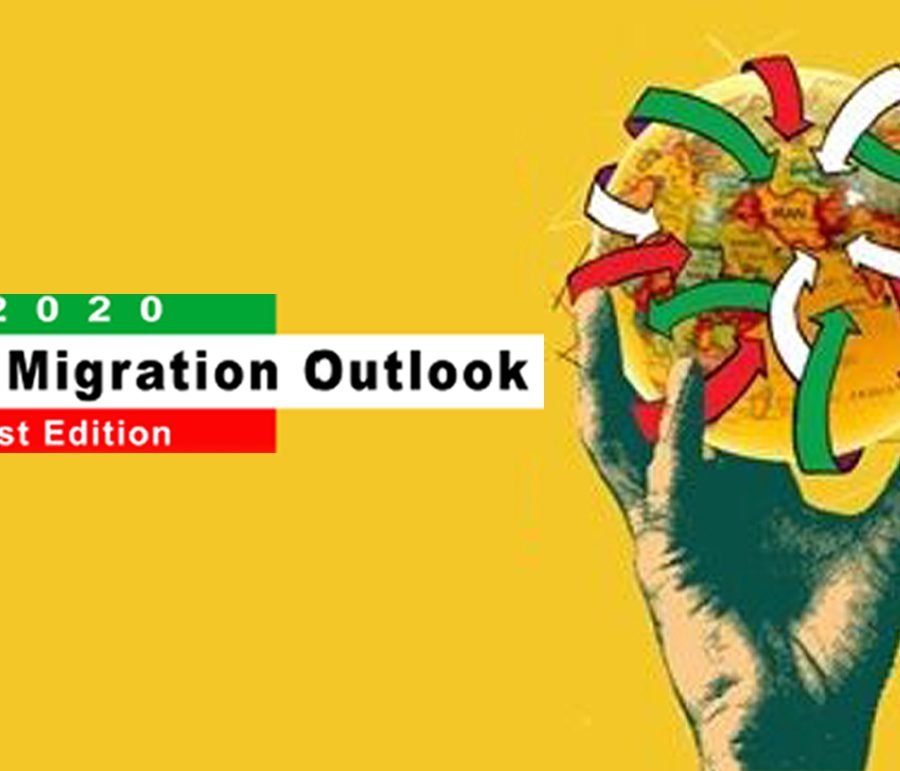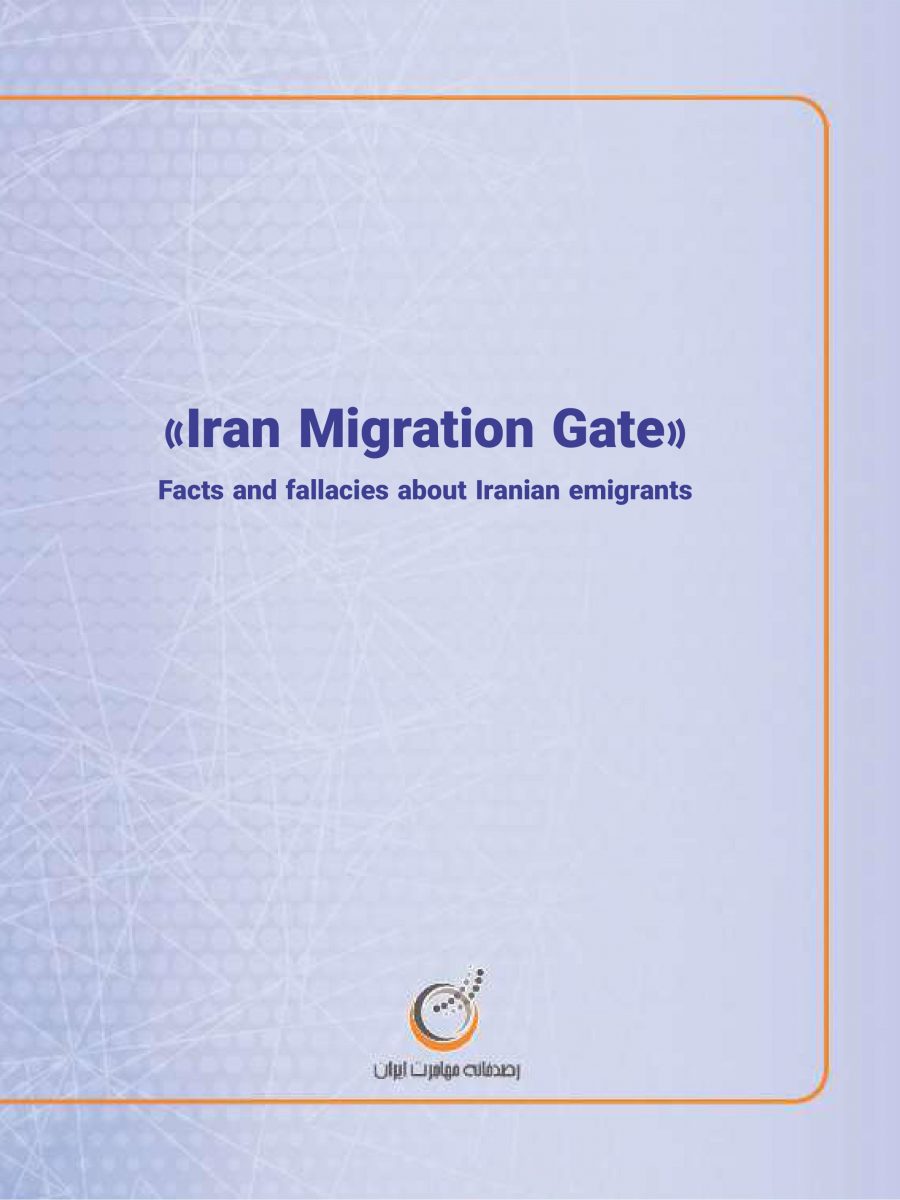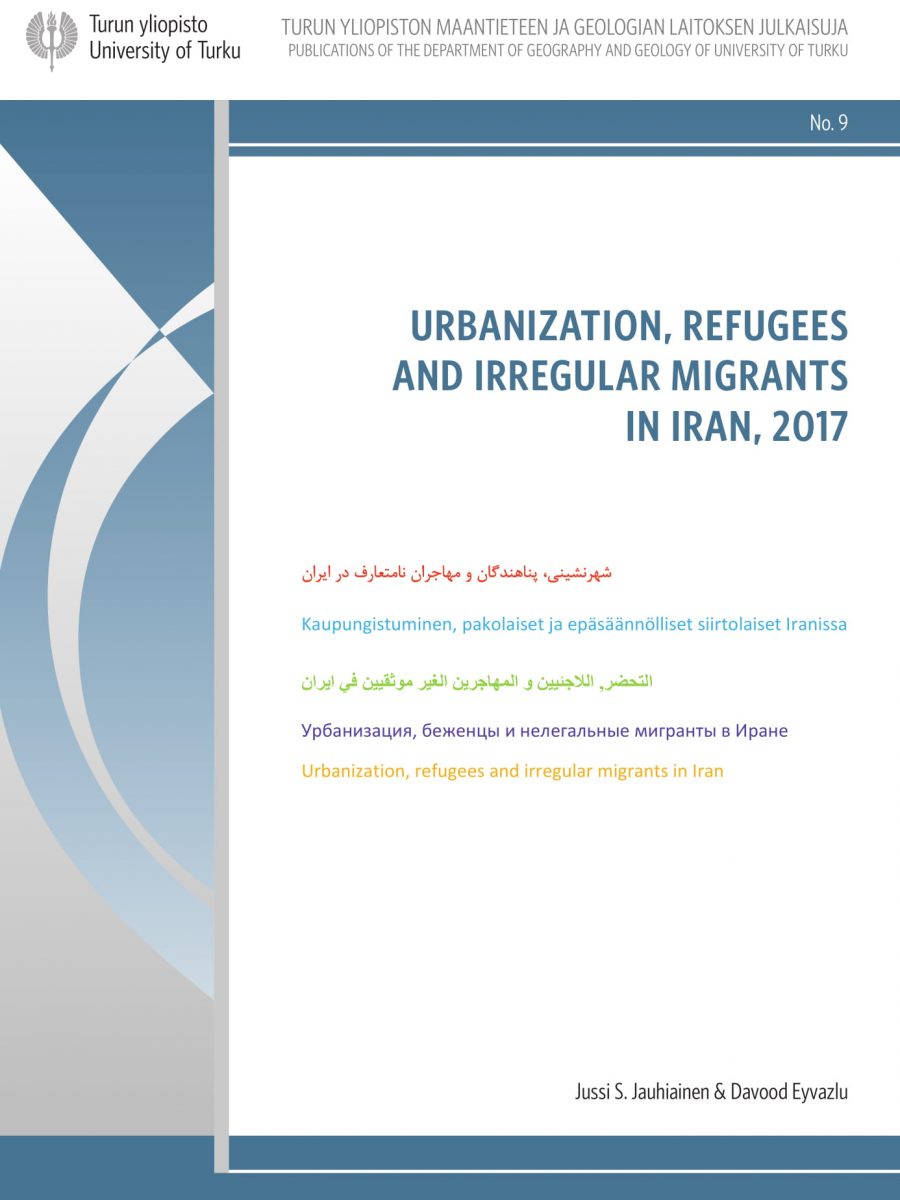
Two reports: The Status of International Student Migration during the Outbreak of Corona Was Published
2020-08-23International migration has become a common phenomenon around the world and almost all countries face different levels of emigration or immigration. Therefore, migration might create opportunities for many countries and threats to some, depending on how they could manage migration. If receiving and sending countries do not have a comprehensive, effective, national approach to control and manage the phenomenon, both emigration and immigration might turn into crises and serious challenges for the societies.
However, a key feature of international migration management is “data-driven policymaking” based on credible and reliable migration-related data. Reliable data not only improves and strengthens the foundation of migration policies, but also creates a context to evaluate their effectiveness from various socio-economic dimensions of both receiving and sending countries, based on key qualitative and quantitative indicators. The process of data-driven policymaking provides higher reliability and validity as regards implementing, disregarding, or adjusting a specific migration policy.
Iran has been a country being much affected by both immigrant and emigrant streams for the last decades. However, it has suffered from a lack of comprehensive and accurate migration statistics and robust policies. This has led to misunderstandings and misleading dialogues among various beneficiaries of this field regarding Iran’s rank in migration indicators, and its socio-economic origins and consequences. Additionally, existing rare Iranian policies on migration are mostly not supported by reliable and accurate data, which is necessary for understanding its depth and spread. Therefore, Iranian migration policies, which have not been driven by data so far, lacked the effectiveness needed or were of short-term and limited impacts.
Fortunately, the establishment of the “Iran Migration Observatory” could be an important step towards reducing the statistical shortages and lack of scientific research in Iran in the area of international migration. The Observatory has paid efforts to provide a medium for collecting and presenting statistics and professional policy analyses to benefit all beneficiaries, including policymakers, policy researchers, and scholars.
Iran Migration Observatory, as the first Iranian specialized research institute in the area of international migration, is proud of publishing the first “Iran Migration Outlook” in summer 2020. The Outlook includes the latest available data on various subfields of migration, including student mobility, labor migration, and forced and asylum-related migration, based on both national references and international reports and databases. It can be useful for both academics and practitioners.
From an international perspective, publishing the “Iran Migration Outlook” is a significant step towards putting Iran among the countries where reliable migration statistics are published regularly. Moreover, it will highlight Iran’s position among developing countries, which are paying efforts towards targeted policymaking and management of international migration. And, in line with the global agreement of “Global Compact for Safe, Orderly and Regular Migration (GCM)”, such measures can attract the attention of international organizations such as the International Migration Organization (IOM) to financially and intellectually support Iran further.
As a supplement to this Outlook, Iran Migration Observatory is pleased to announce that the “Iran Migration Policy Package” is going to be published this year. The policy package contains a comprehensive analysis of the existing issues and barriers, and the policy recommendations in various migration subareas, considering the global changes.
The “Iran Migration Outlook” publication was only possible with the extensive efforts of the Iran Migration Observatory’s staff and collaboration of many migration scholars, practitioners, and activists. We are incredibly thankful to all of them. The Iran Migration Observatory also appreciates the unwavering supports of Dr. Sorena Sattari, Iranian Vice-President for Science and Technology, as well as the valuable assistance of the International Affairs & Technological Exchange Center of Vice-Presidency for Science and Technology as one of the main sponsors.
Since this report is the first attempt to prepare and edit a reliable Iranian database in the area of international migration, suggestions from scholars, policymakers, and authorities are welcome to improve it in further editions to be published annually.
Dr. Bahram Salavati
Director of the Iran Migration Observatory (IMO)
Sharif Policy research Institute (SPRI),
Sharif University of Technology




